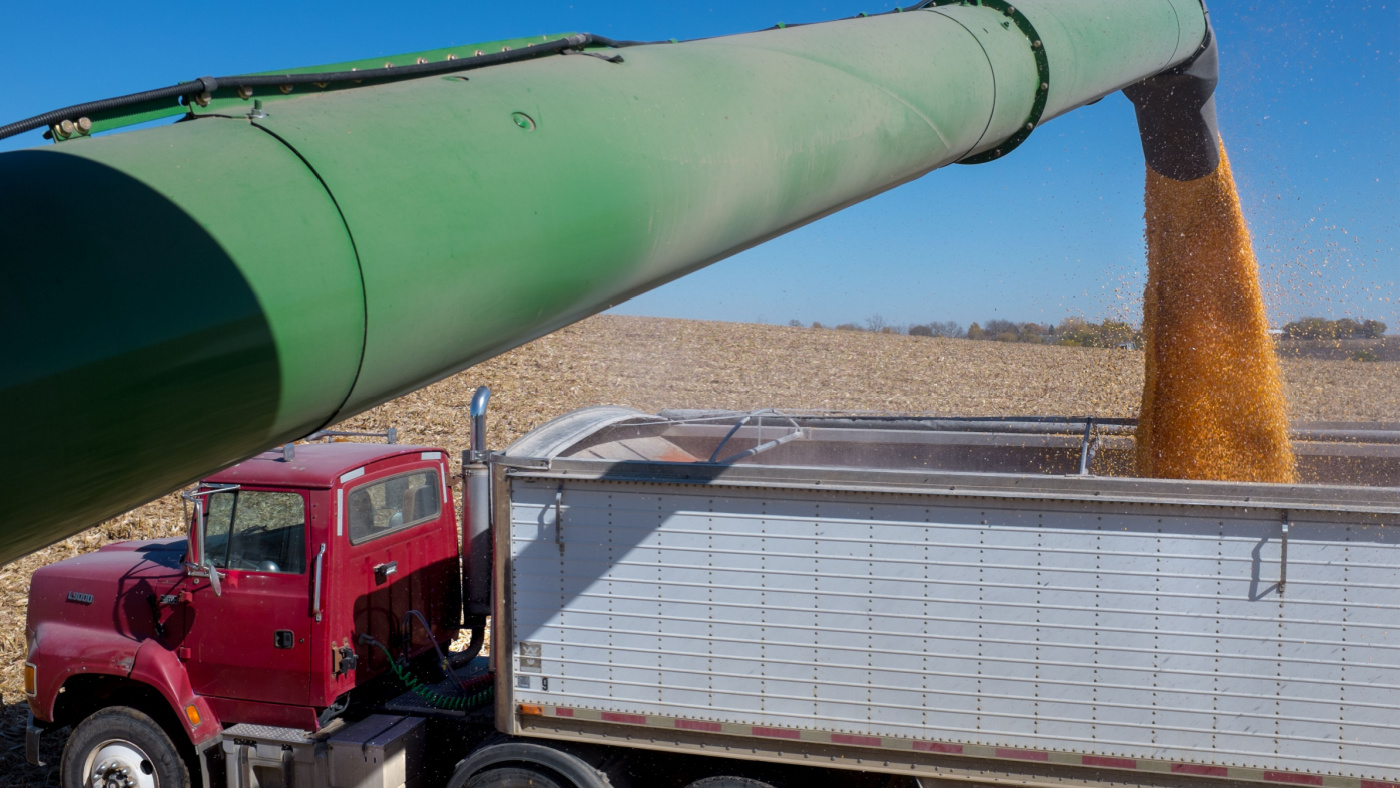During a recent Fall Harvest Outlook webinar hosted by Rabobank, the topic turned to worldwide grain stocks. Stephen Nicholson, global sector strategist for grain and oilseeds with Rabobank, says corn and soybean stocks are beginning to rebuild around the world.
“When you look around the globe and look at the major exporters, and you can see them there, so it’s corn, soybeans, wheat, and rice, and those are the four major grain and oilseed crops in the world. You can see that both on the soybean side and the corn side, we’ve seen a resurgence of stocks, mainly because Brazil had a record crop and the U.S. had an adequate crop to help build some stocks here as well. For corn and soybeans, the world’s a little bit more comfortable. I think that’s also true particularly for corn here in the States but not the case for soybeans. But things are more comfortable, which is why you’re seeing the markets pull back a little bit.”
He says the world’s wheat and rice stocks are a different story.
“Both are food grains and so that’s very important. You can see that wheat is really on the seventh consecutive year of declining stocks. And rice, if I had shown this to you 12 months ago, it would have been a much different picture when we see rice stocks going down. Both of these crops are concerning because of what’s happening with El Nino.”
El Niño can make it hard to grow wheat and rice.
“When you think about where rice outside the U.S. is produced, it’s produced in that Southern Asia area. El Nino tends to bring dry weather. And India, of course, is a very important exporter of rice and wheat into that part of the world, and they’re very dry. And so, I think there’s a lot of concerns about wheat and rice going forward.”
Nicholson says wheat and rice deserve watching.
“I think those are two markets to be paying attention to, and I think have a lot more upside risk than the downside risk from where they are today versus exactly where corn and soybeans are. They don’t have a lot of downside risk, but also don’t have a lot of upside risk either.”


